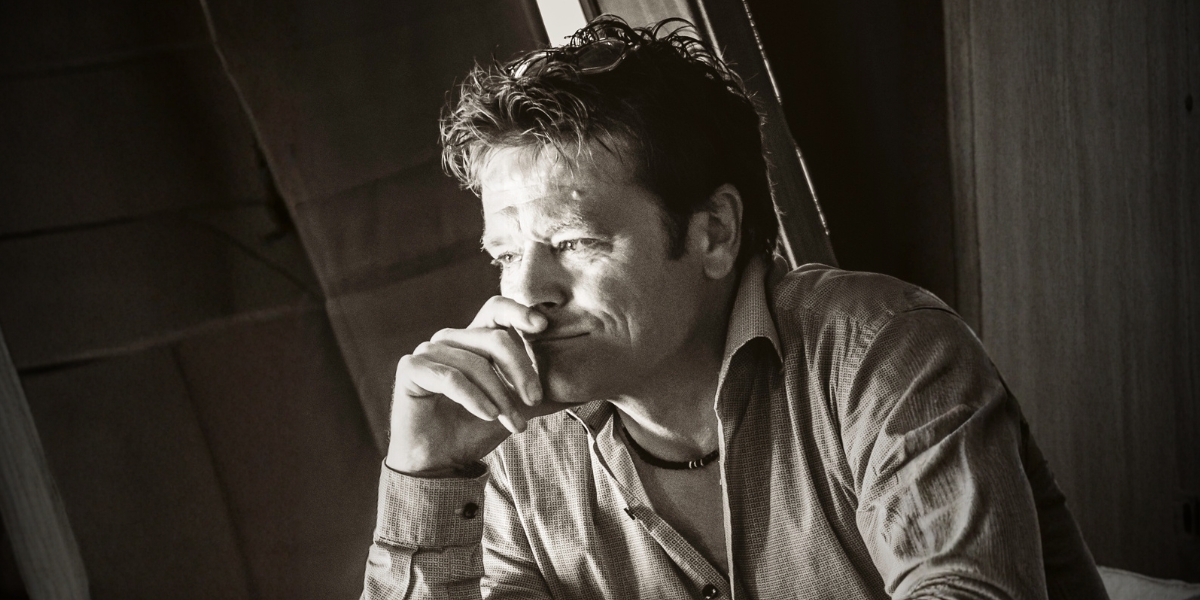In every long-term relationship, both partners invest emotional energy, time, and effort into maintaining a bond. However, over time, those efforts can become overwhelming, leading to relationship burnout. Recognizing the early signs of burnout can help couples address the issue before it leads to more significant problems. Burnout doesn’t happen overnight; it often builds slowly as one or both partners begin to feel drained and disconnected from each other.
The early signs of relationship burnout can manifest in various ways. It might begin with subtle feelings of resentment or a decline in communication. Partners may begin to feel like their needs are no longer being met, or they may notice a lack of excitement or joy in spending time together. These changes can cause a shift in how one or both partners approach the relationship, and the longer the feelings are ignored, the harder it can be to revive the connection.
Understanding the signs of burnout is key to addressing the problem before it becomes irreversible. Recognizing these feelings early on can help couples seek support, have meaningful conversations, and take steps to reconnect with each other.
Read also: How High-Profile Relationships Keep Celebrities in the Spotlight
How Does Emotional Exhaustion Show Up in a Relationship?
One of the primary indicators of relationship burnout is emotional exhaustion. Partners may start to feel emotionally drained by their relationship, leading to a decrease in emotional intimacy and closeness. Emotional exhaustion occurs when one or both individuals feel like they are giving more than they are receiving, causing them to become worn out and less engaged.
This exhaustion often manifests as irritability, indifference, or frustration. Small issues that would usually be manageable can become disproportionately overwhelming. The once effortless communication might now feel forced or superficial. Partners may also notice that they are avoiding deep conversations, withdrawing from one another, or struggling to empathize with each other’s feelings.
Emotional exhaustion can create a vicious cycle, where the lack of emotional connection further drains the relationship, making it harder to break free from the burnout. If not addressed, emotional exhaustion can lead to significant communication breakdowns and emotional distance between partners.
What Role Does Decreased Communication Play in Relationship Burnout?
Effective communication is often referred to as the cornerstone of any healthy relationship. However, when burnout begins to set in, communication tends to suffer. Partners may stop sharing their thoughts, feelings, and daily experiences with one another, causing them to feel isolated or misunderstood. This can lead to a feeling of disconnection, where both people feel like they’re no longer in sync or on the same page.
Decreased communication often starts subtly. It could be small things like not updating each other about daily events, avoiding important conversations, or not addressing issues as they arise. Over time, this can escalate into larger communication gaps, where serious issues are left unspoken, leading to unresolved tension.
When communication falters, misunderstandings increase, and resentment begins to build. Couples might find themselves arguing over trivial matters or becoming defensive when trying to discuss more serious topics. If both partners feel like their voice is not being heard, the emotional disconnect can deepen, further contributing to the burnout.
How Does Physical and Emotional Distance Manifest in a Relationship?
Physical and emotional distance is a clear sign of relationship burnout. As partners become more worn out or disconnected, they may start to withdraw physically, emotionally, or both. Physical distance can show up as a lack of physical affection, such as hugging, kissing, or cuddling. Partners may avoid being close to each other, either because they feel too tired or because they don’t want to address the underlying emotional issues.
On the emotional side, partners may feel like they’re living parallel lives, with little to no interaction on a deeper level. The emotional bond that once existed may feel strained, with one or both partners becoming less invested in each other’s needs, emotions, or well-being. This emotional withdrawal often leads to feelings of loneliness, even when partners are physically present in the same space.
Physical and emotional distance can deepen over time, and the longer the disconnect continues, the harder it becomes to rebuild intimacy. Reconnecting with each other requires open communication, understanding, and the willingness to invest time and energy into the relationship once again.
What Impact Does Lack of Appreciation Have on Relationship Burnout?
Another significant sign of relationship burnout is the gradual loss of appreciation for one another. In healthy relationships, both partners regularly express gratitude for each other’s efforts and qualities. However, when burnout sets in, partners may start to take each other for granted, focusing on flaws rather than strengths.
This lack of appreciation can create a toxic environment, where feelings of neglect and undervaluation build up over time. Partners might begin to feel unappreciated for the things they do, leading to frustration and resentment. When appreciation wanes, the positive aspects of the relationship become harder to recognize, and both partners may start to feel disconnected from the love they once shared.
To reverse this, it’s important for partners to consciously acknowledge each other’s efforts, express gratitude, and show affection. Taking time to appreciate each other’s contributions, whether big or small, can reignite the connection and help rebuild the emotional bond.
Read also: Navigating Money Differences in Modern Relationships
How Can Couples Address Relationship Burnout and Reconnect?
If relationship burnout is left unchecked, it can lead to more severe issues, such as emotional detachment or the breakdown of the relationship altogether. However, the good news is that burnout can be addressed with time, effort, and open communication.
The first step is recognizing the problem. Acknowledging that both partners are feeling burnt out is key to finding a solution. Once the issue is recognized, couples can start working together to rebuild their connection. This could involve having honest conversations about feelings, addressing any unresolved issues, and seeking outside help if necessary. Professional counseling or relationship therapy can provide valuable guidance for couples looking to navigate difficult emotions and reignite their connection.
Additionally, couples can work on rebuilding their emotional intimacy through shared activities, quality time, and open communication. Taking small steps, like setting aside time for date nights or actively listening to each other’s concerns, can help create a positive cycle that moves away from burnout.









